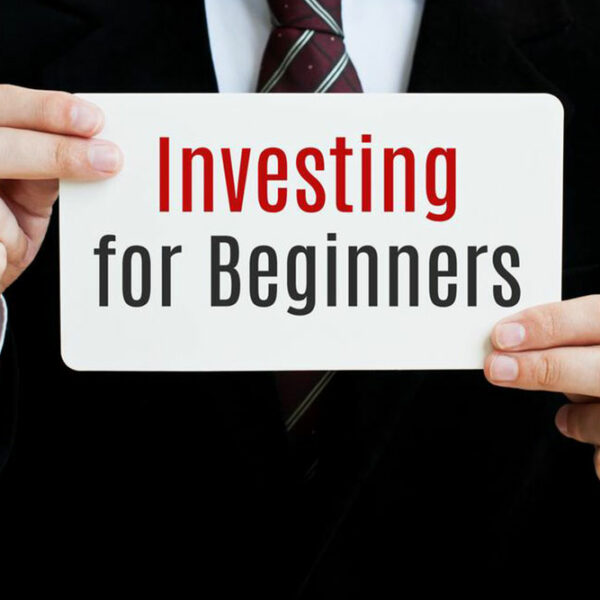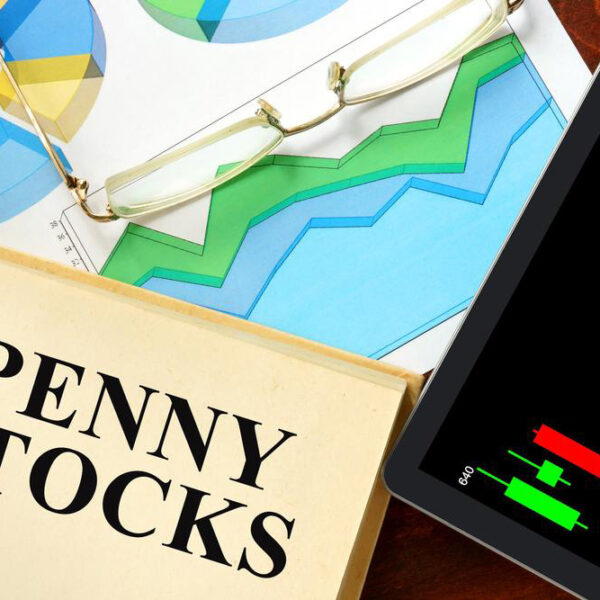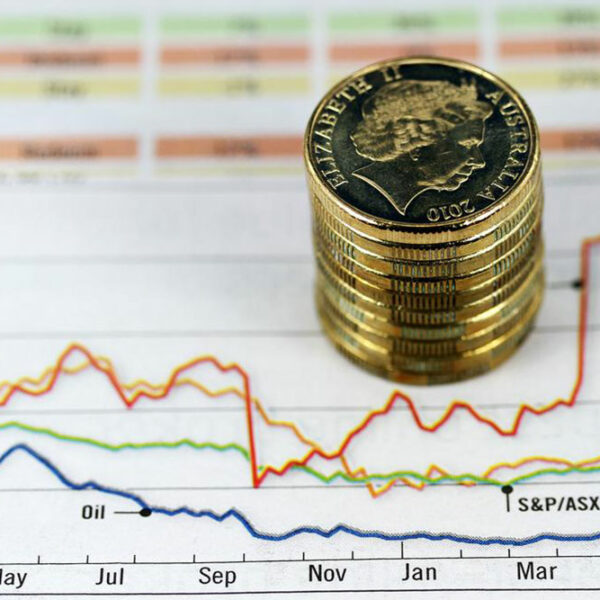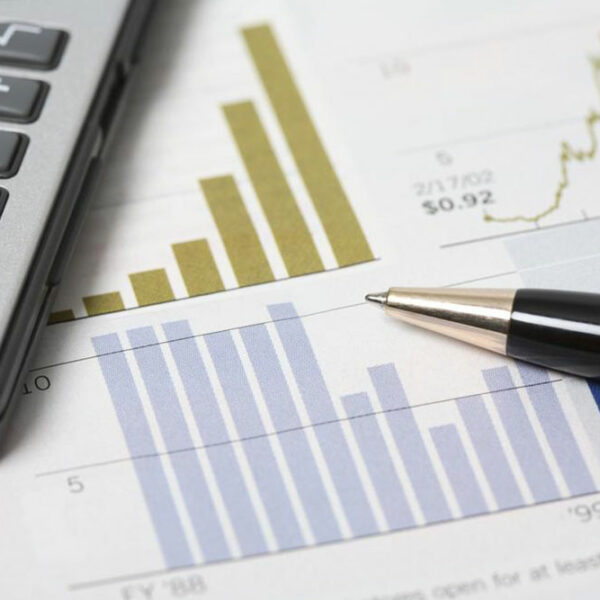
Popular investment options across various commodities
2017 has arrived with a new administration in the country, and many of us are aware of changes in financial policies. Market conditions may fluctuate and inflation could be affected. But these changes should not affect your money management strategy. If you haven’t set a lump sum aside for investment, now is a good time to start. If you are not averse to taking risks, there are many investment options on the table. Take a look at these, and evaluate which of them best suits your needs. Before following any of these options, take advice from a certified financial adviser. Mutual Funds Mutual funds can yield great returns. If you are uncertain of how best to invest, utilize the services of a professional fund manager. Your investment will appreciate over time, and give good returns if the market is positive.You can start with a small amount, and then add as you proceed, aiming for higher returns. But remember, take the well-researched advice of your fund manager on board. Certificate Of Deposits If you want to take absolutely no risks with your money, then CDs are the best option. You can use this scheme from any bank or financial institution. You can invest in short or long term schemes, depending on your needs.









